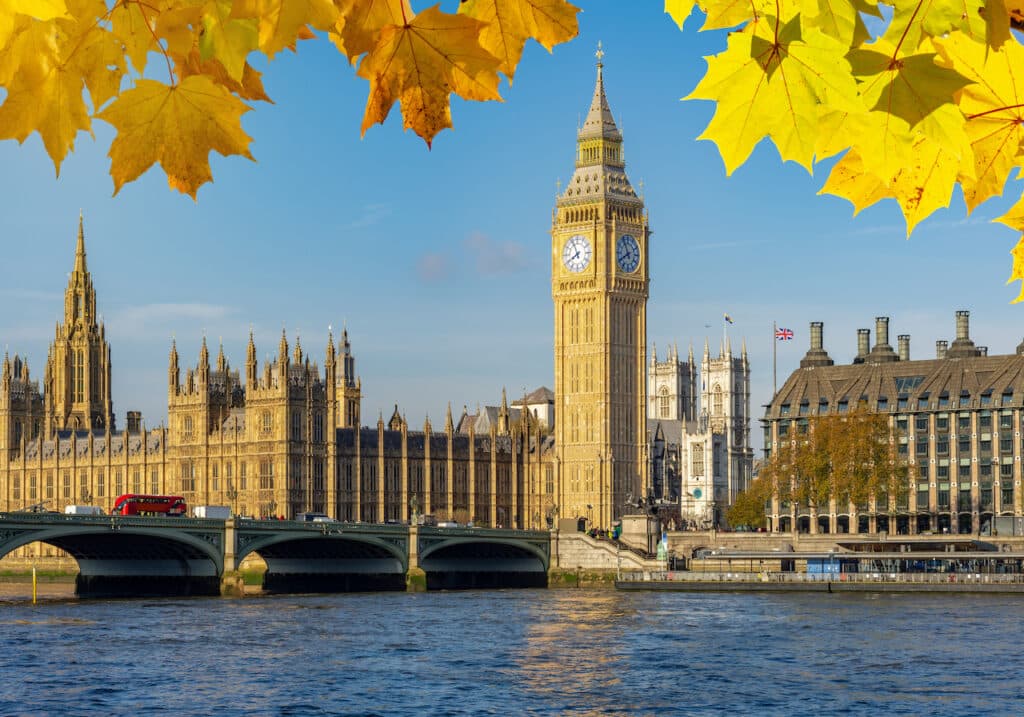Moving to Canada is an exciting adventure, but even our friendly neighbors to the north have their own unique customs. Understanding Canada’s culture and traditions can make your transition smoother, help you build meaningful connections, and avoid those awkward “newcomer” moments. Whether you’re settling in Toronto, Vancouver, or a small town in the Maritimes, these cultural insights will help you feel right at home.
Understanding Canadian politeness and courtesy expectations
If there’s one stereotype about Canadians that rings true, it’s their reputation for politeness. In Canada, saying “please,” “thank you,” and “sorry” isn’t just good manners—it’s a way of life. You’ll notice that even minor inconveniences, like accidentally bumping into someone, are met with a quick apology from both parties. This isn’t just about being nice; it’s about showing respect and consideration for others.
💡Pro Tip:
When in doubt, err on the side of politeness. Hold doors open, use courteous language, and don’t be surprised if strangers greet you with a smile or a friendly “hello.” These small gestures go a long way in Canadian society and are a key part of Canadian culture and traditions.
Personal space, privacy, and social interaction norms
Canadians value personal space and privacy, both in public and private settings. While Americans are often seen as outgoing, Canadians may come across as more reserved, especially with people they don’t know well. It’s common to keep a comfortable distance during conversations and to avoid overly personal questions early on.
If you’re waiting in line (or “queueing,” as it’s often called), for example, be sure to leave enough space between yourself and the person ahead. When meeting new people, a handshake is standard, and hugs are usually reserved for close friends and family.
Essential household etiquette: Removing shoes and home customs
One of the most noticeable differences in Canadian culture is the expectation to remove your shoes when entering someone’s home. This practice is rooted in practicality—Canadian weather can be wet and muddy—but it’s also a sign of respect for the host’s space.
💡 Pro Tip:
Always look for a spot to leave your shoes at the door, and don’t hesitate to ask if you’re unsure. Bringing a small gift, like flowers or a dessert, when invited to someone’s home is also a thoughtful gesture that’s much appreciated.
Tipping culture and service industry expectations
Tipping is an important part of the service industry in Canada, much like in the U.S., but there are some subtle differences. The standard tip for restaurant servers is 15-20% of the pre-tax bill. Tipping is also expected for taxi drivers, hairdressers, and hotel staff.
💡 Pro Tip:
If you’re unsure whether to tip, it’s better to err on the side of generosity. Not tipping can be seen as a sign of dissatisfaction with the service.
Conversation taboos: Avoiding politics, religion, and personal topics
While Canadians are open and friendly, certain topics are best avoided in casual conversation—especially with people you don’t know well. Politics, religion, and personal finances are generally considered private matters. Canadians tend to value harmony and may steer clear of heated debates or controversial subjects in social settings.
If you’re at a dinner party or work event, for example, stick to neutral topics like travel, sports, or the weather (a favorite Canadian pastime!). This approach helps foster positive interactions and avoids putting anyone on the spot.
Punctuality and time management in Canadian culture
Time is respected in Canada, and punctuality is a sign of reliability and professionalism. Whether it’s a business meeting, a doctor’s appointment, or a casual get-together, being on time is expected. Running late? A quick call or message to let others know is appreciated.
💡 Pro Tip:
Aim to arrive five to ten minutes early for appointments. This small effort demonstrates respect for others’ time and is a subtle but important part of Canadian culture and traditions.
Respecting Indigenous cultures and acknowledging Canada’s history
Canada is home to diverse Indigenous peoples with rich histories and traditions. There is a growing emphasis on recognizing and respecting Indigenous cultures, including land acknowledgments at public events and a focus on reconciliation.
What this means for expats: Take time to learn about the local Indigenous communities, their history, and their contributions to Canadian society. Attend cultural events, visit museums, and approach these topics with openness and respect. This awareness is not only appreciated but also deepens your understanding of Canadian traditions.
Ready to make your move to Canada even smoother?
Navigating Canada’s culture and traditions is just one part of your expat journey—managing your U.S. tax obligations is another. Our team of friendly, knowledgeable tax experts is here to guide you every step of the way, so you can focus on enjoying your new Canadian adventure with confidence.
Frequently Asked Questions
-
What are the most important Canadian cultures and traditions for U.S. expats to know?
Politeness, respect for personal space, removing shoes indoors, tipping, and punctuality are key. Understanding these norms helps U.S. expats integrate smoothly.
-
Is it really necessary to remove shoes in Canadian homes?
Yes, removing shoes is a widely observed custom in Canada. It shows respect for the host and keeps homes clean, especially given the weather.
-
How do Canadians typically handle political or religious discussions?
Canadians generally avoid these topics in casual settings to maintain harmony. It’s best to steer conversations toward neutral subjects unless you know your audience well.
-
How can U.S. expats show respect for Indigenous cultures in Canada?
Learn about local Indigenous communities, attend cultural events, and participate in land acknowledgments when appropriate. Approach these topics with openness and respect.

 Connect on LinkedIn
Connect on LinkedIn

